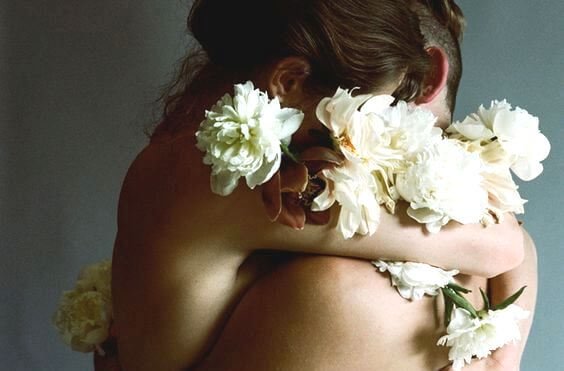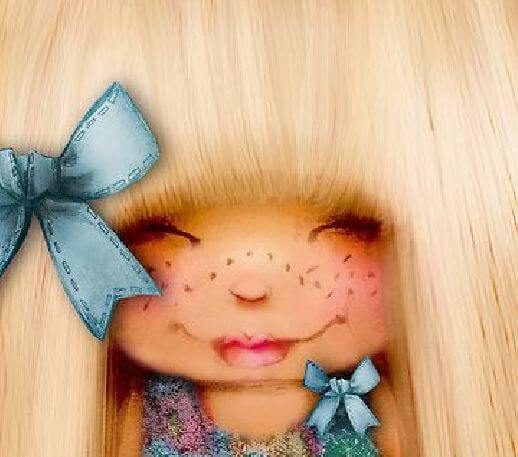Being Happy With What We Have

When I was thinking about this subject, some closely linked words of Saint Augustine of Hippo came to my mind: the poor man is not the one who has less, but rather the one that needs more and more in order to be happy. Setting to one side the meaning of “rich” as a person who owns a large amount of money, the categorical affirmation of our title has to do with that happiness which the saint spoke to us of centuries ago. Being happy with what we have is the key to true peace.
In fact, this happiness comes from places that have little or nothing to do with the possession of a coin, because what makes us rich is not material, but rather emotional and physiological.
A world full of disposable things
With respect to what we have said above, it is worth noting that we live in a world in which we are surrounded by things that can be considered dispensable: advertising and new technologies would sometimes have us believe that everything revolves around the possession of materials objects that are able to make us happier.
“They educate us to be producers and consumers, not to be free men.”
-José Luís Sampedro-

However, this is not true: we are no happier than our parents were, even though we may own the latest generation mobile phone, two cars and have three computers at home. Perhaps we do lead a more comfortable life, but the consumerism that gives us these things does not truly satisfy us as people.
When my sister tells me that she needs to buy new clothes and has two wardrobes full of clothes to choose from, I wonder how much we are deceived by our needs: we usually place value on what we don’t have and we forget about what we are really lacking.
Do I really need it in order to be happy?
What these examples show is how accurate the quotation at the beginning is, so much so that it seems surprising that it was uttered in the Middle Ages. However, this happens because we have repeated the idea it conveys hundreds of times: do I really need this? It is a question we should be asking ourselves in many situations.
As we have said, we have so many things that sometimes we forget the things we couldn’t live without: good mental and physical health, the possibility of having personal relationships that make our lives worth living, including having friends who will be always be there for us, and the blessing of having a family.
“Success is about getting what you want. Happiness, enjoying what you get.”
-Walle Emerson-

All this and more can not be bought even with all the gold in the world. That is why, ironically, all of this can make us rich with happiness: no one will feel better than someone who overcomes cancer, gets over a depression, finds in his partner the best support he or she could imagine or someone who receives a loving hug.
Be happy with what we have
On many occasions we have surely been frustrated because we did not achieve the goals we had set ourselves or because we didn’t get what we really wanted. In fact, we feel we need more and more at the same time as we are less and less satisfied with what we own.
It’s true that it is beneficial to consider some goals that we want to reach, because conforming to just whatever we have or are is synonymous with stagnation. However, it is good to keep in mind that happiness comes when we enjoy the process we go through.

Our desires don’t give us happiness, they only embellish it: it is very enriching to learn to feel complete with what we have achieved or what we have been able to give, and to be able to freely receive whatever comes to us and without asking for anything.
“You do not find happiness, it will come to you at the right time.”
-John F. Bisner Ureña-
In short, as we have seen from the start, what comes to us for free and without any material value is what can make us rich. Money will give us comfort, but what stirs our emotions is what gives us meaning.
This text is provided for informational purposes only and does not replace consultation with a professional. If in doubt, consult your specialist.








